四年前,广东佛山,两岁小女孩小悦悦被卡车撞伤。随后有17个行人路过,没有人停下帮助她。四年后,四川,两岁小男孩被卡车撞到,在起身的过程中,卡车再次冲过来……为什么不停的有司机故意撞死路人的新闻?为什么不停的有见死不救的路人?面对这些痛心的事实,我们不得不反思,我们身处的这个社会是不是出了什么问题。
By Simina Mistreanu
Last weekend, a friend from Europe sent me a link to a story on Slate.com titled, “Driven to kill: Why drivers in China intentionally kill the pedestrians they hit.”
为什么有司机会故意撞死路人?

“Is it true?” he asked.
这是真的吗?
“Ha? No. This is crazy,” I answered before taking the time to actually read the piece.
“不可能,这太疯狂。”
Turns out, it is true. There have been several recorded cases over the past few years in which drivers, noticing that they hit someone, backed up and crushed the victims again and again until they were sure they were dead.
但结果是,这种现象的确存在。在过去几年里的确有案例是这样的。在这些案例里,司机撞倒路人,然后倒车,来回碾压已经被撞倒在地的路人,直到他们失去呼吸。
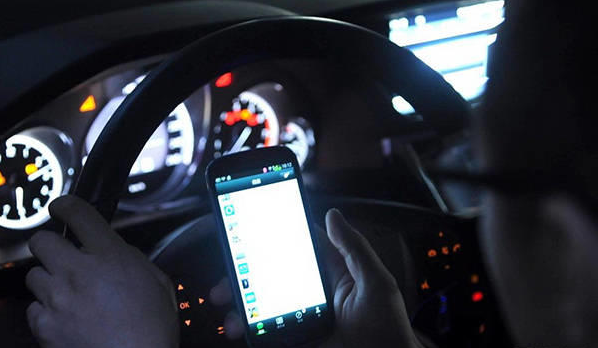
Sometimes it happened in the presence of horrified relatives. Sometimes, the pedestrians were only slightly injured from the first blow, only to be killed afterward by the drivers.
有的司机甚至会在伤者亲人在场的情况下来回碾压伤者。而在有些案例中,伤者一开始只是被轻微的伤到,但却在司机无情的倒车中丧失了生命。

In Sichuan province, eyewitnesses described a case in which atruck driver hit a 2-year-old boy, who then got up and walked to pick up his umbrella. But the truck reversed and crushed the boy again, this time killing him.
四川,一个两岁的小孩被一辆卡车撞倒,他爬起来去捡自己的雨伞,但是司机这个时候选择了倒车,而这一倒车剥夺了这个两岁孩子的生命。
How is this possible?
这怎么可能发生?
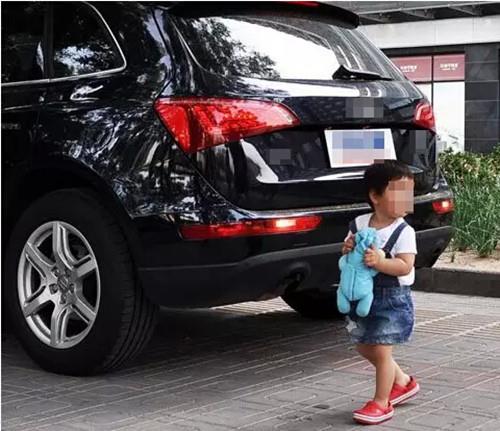
Well, part of it, according to the story, has to do with the fact that most of these drivers escape severe punishment.
根据这篇文章,这个现象产生是因为这些司机可以躲避严厉的法律的惩罚。
They usually pay a fine and rarely go to prison. Killing the victim is horrifyingly the pragmatic choice – drivers are required to pay for the pedestrian’s funeral, whereas if someone were badly injured, the driver would be responsible for covering the victim’s health care costs for the rest of his or her life.
他们通常会选择赔款而并不需要坐牢。杀害被撞的行人是一个可鄙的却又很实际的做法——司机需要为受害者的葬礼买单,但是当行人只是被撞伤的时候,司机需要为他们一生的医疗费用负责。
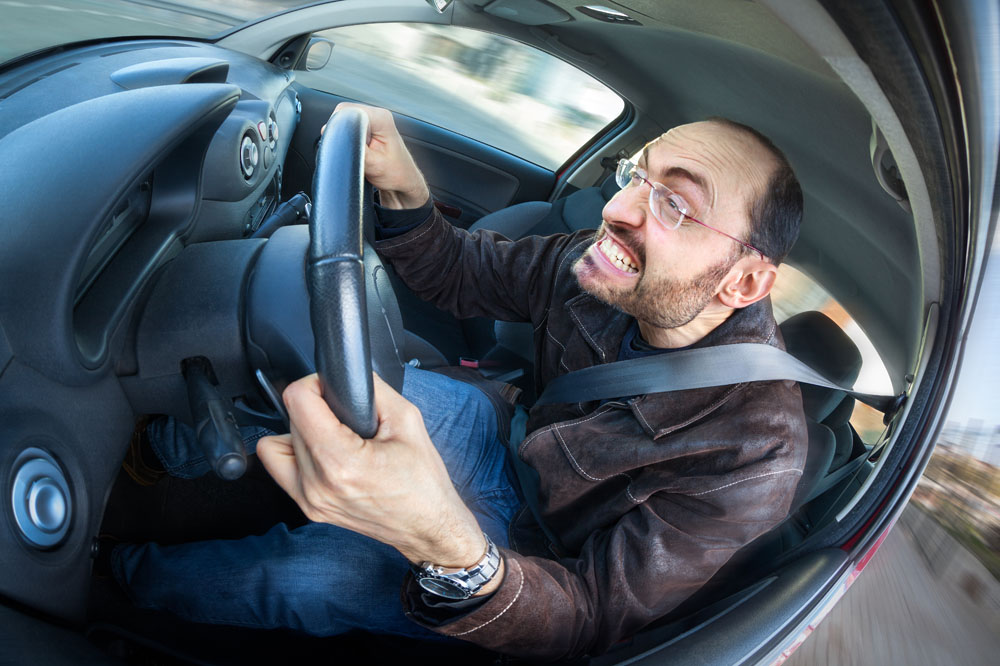
Again, how is this possible? How can people do this?
再一次,为什么会这样?怎么会有人做出这种选择。
The most obvious answer is lack of retribution. Through history, people have done horrific things when they didn’t fear punishment.
最显而易见的答案是缺乏必要的惩罚。历史告诉我们,当人们不害怕被惩罚时,他们将做出最违反人性的事情。
I recently watched the movie Selma, which is inspired by the Voting Rights Movement in 1965, in Alabama.
最近看了电影《塞尔玛》,一个以1965年美国阿拉巴马州的选举权运动为背景的电影。

Back then, Martin Luther King, Jr. was trying to convince American president Lyndon Johnson to remove the barriers that kept black people from voting in the South.
那个时候,马丁.路德.金试图劝说当时的美国总统林登·约翰逊取消在南方黑人不能参与选举的限制。
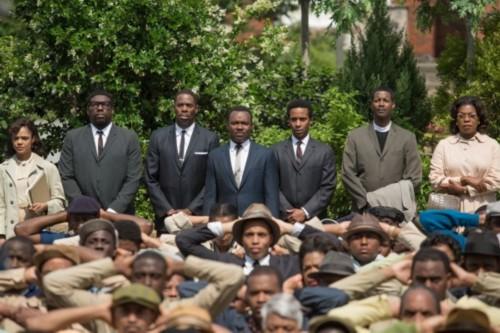
Many white people had murdered black people, yet they kept doing it because there were no prosecutions. Blacks didn’t have the right to elect their local leaders in office nor sit on a jury.
很多白人随意的杀害黑人,而由于没有相应的惩罚,他们这种现象持续了很久。黑人参与当地选举的权利,也没有上法庭当陪审员的权利。
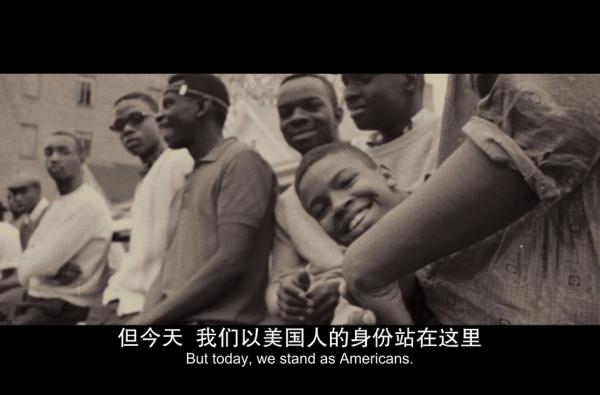
So the Chinese government should change the laws related to hit-and-runs and victim compensations. That would help immensely.
或许在关于司机撞伤/杀害行人的相关法律上,还需要进一步的健全。这样会起到很大的震慑作用。

But there’s also a more nuanced question of values. What in the Chinese society contributes to some people’s choice to kill out of convenience?
但是这还反应了在一些在社会价值体系上的细节问题。是什么导致了一些人选择为了自己的方便而伤害另一个人?

There have been many articles and essays about the Chinese values and morals at a time when people are rushing to accumulate possessions and feel like they risk losing everything at the drop of a hat.
曾经有一时,很多关于中国价值和道德的文章都称人们非常热衷于积累财富,并且时常担心常年积累来的财富会立马消失。

There’s the famous case of a 2-year-old girl called Little Yueyue, who lived in Foshan in southern China. One day, Little Yueyue left the house while her mother was busy doing laundry.
曾经有一个非常出名的案例,一个两岁的住在佛山的小女孩,叫做小悦悦。有一天小悦悦趁妈妈洗衣服不注意溜出了家门。
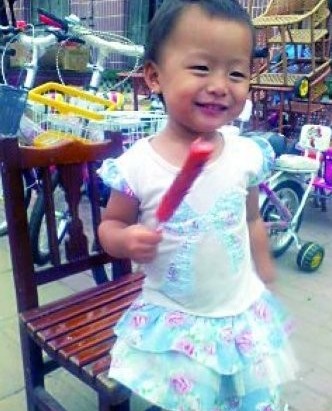
She was struck by a truck, which drove away. She lay by the side ofthe road for minutes, while 17 people passed by, looked at the girl and kept walking. Finally, an illiterate old woman who recycled trash for a living stopped and helped her. The girl died in the hospital.
她被一辆卡车撞伤,司机随即逃逸。小悦悦就躺在路边,同时17个路人路过,看到了小女孩,但没有停下。最终,一个以捡垃圾为生的不识字的老妇人停下来,帮助了她。但最终,小悦悦在医院里离开了人世。
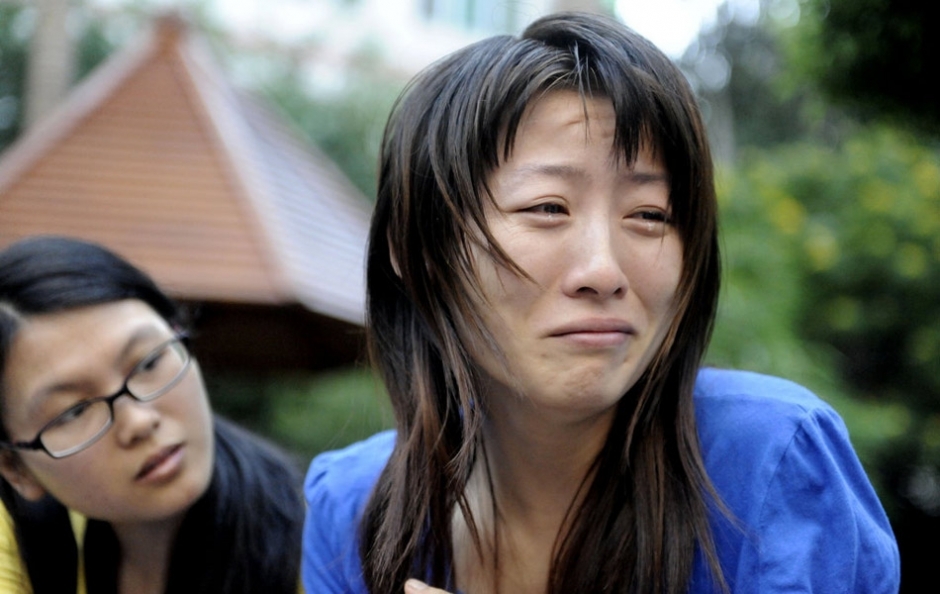
Journalist Evan Osnos visited that community a few months later. He interviewed a man who had a business right near the crash site and who had most likely seen the girl. The man had a granddaughter himself, so the journalist asked him what kind of person he wanted his granddaughter to be when she grew up.
一个叫做Evan Osnos的记者在那件事发生几个月后探访了事发地。他采访了事发地附近的一个商人,这个商人很有可能看到了小悦悦。这个商人自己有个孙女,于是记者问他,你想让你的孙女长大以后成为什么样的人?

“That depends on what’s going on in society,” the man said. “If good people run things, she should be a good person. If it’s bad people, well, you have no choice but to be bad.”
“那要看到时的社会发展成什么样了。如果好人管理这个社会,那她应该成为好人;如果是坏人,那么你没有办法,除了和他们一样。”
That statement struck me and made me wonder about the values that the Chinese society holds dear today. I’ve lived here a very short time, but it’s been more difficult for me to pinpoint to general values than in other countries where I’ve lived.
这句话让我沉默,并让我开始思考中国当今社会的价值观。我在中国的时间并不长,但是我在其他国家生活体验到的统一的价值观却很难体现在中国社会。
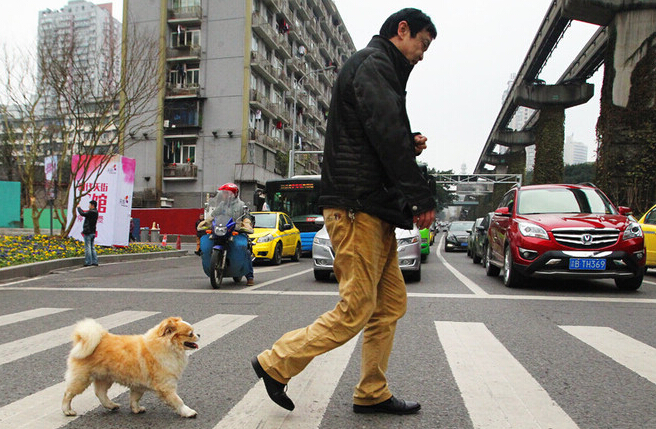
In my home country of Romania, partly because it’s such a religious society, people pride themselves on being hospitable and on helping others in need.
在我的家乡罗马尼亚,可能因为它是一个宗教气氛很浓的国家,人们以热情互助为容。
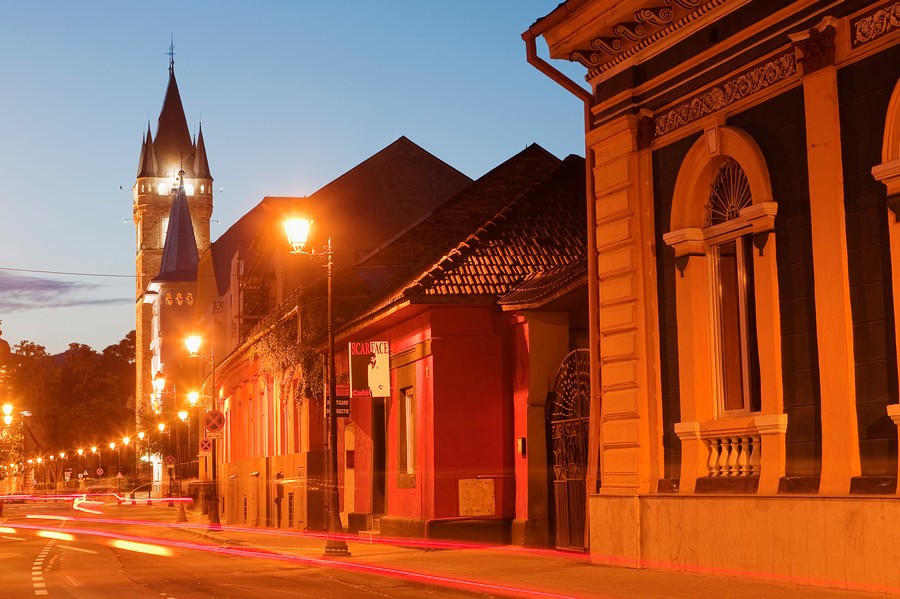
“Good deeds” are valued, and people believe they will be repaid for them in the afterlife.
“善意的行为”是受到尊敬的,并且人们相信善举会在他们进入另外一个世界后得到报酬。
In the U.S., people believe in American values such as freedom, looking out for each other and being united (Of course, that’s not always the case.)
在美国,人们相信美国价值观,比如自由,比如保护他人以及团结他人(当然,并不是所有人都这样。)

In China, I’ve met extremely warm and helpful people, some of whom have become my friends. But I’ve also seen people on the street who seem oblivious to what is going on around them, who drive fast on crowded roads and who keep walking when they see a man choking a woman.
在中国,我遇见过非常热心、乐于帮助的人们,其中一些我们已经成为朋友。但是我也在街上遇到一些完全不在乎别人的人。
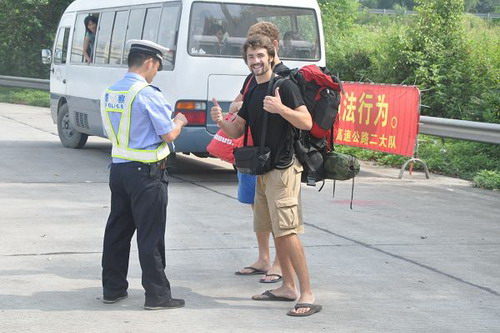
There must be so much more behind the ways people act – how history has treated them, societal rules and other things I don’t know anything about.
人们行为的背后总是有很多原因——他们的过去,社会的塑造以及一些我完全不知道的东西。它们完完全全的存在着。





评论